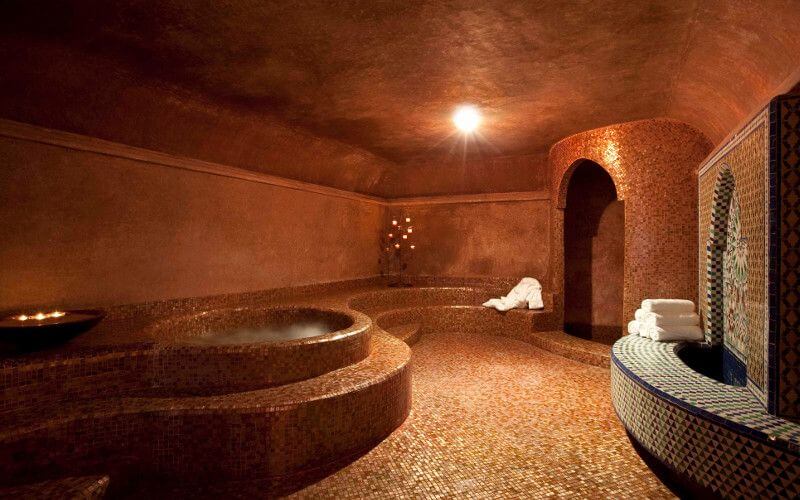Morocco’s Traditional Hammams Face Crisis as Reopening Remains Uncertain

The owners affiliated with the National Association of Traditional Baths in Morocco (ANBTM) have, in a message addressed to the Prime Minister’s Office and the Economic Monitoring Committee, drawn attention to the situation in the hammam sector. They are once again pleading for the resumption of activities.
The hammam sector, which has 2,000 units, including a large majority of traditional baths (about 1,300 across Morocco, half of which operate in Casablanca) is in a worrying situation. There is no indication that activities will resume soon. "To date, we have no visibility on the resumption of activities, knowing that there are thousands of jobs at stake," assures Hassan Ihichim, president of the ANBTM, adding that "each hammam employs an average of 5 people".
"We are trying as much as possible to provide moral and financial support to our teams, but their situation is very critical," confides to L’Économiste the owner of a renowned Turkish bath in Casablanca ready for the resumption of activities. According to her, traditional hammams and luxury baths or spas are not in the same boat.
"We apply very strict hygiene measures long before the epidemic. [...] We have strengthened the health measures with specific Covid-19 products, a complete disinfection of the entire building by a specialized company, access will be organized by appointment...," she explains. Things are not so simple for traditional hammams.
"A traditional hammam needs an average of 15 to 20 days of preparation before it can reopen its doors," says the president of the ANBTM. A preparation that requires financial means. It takes a daily cost of 1,000 DH (including the price of wood and personnel) to be able to heat the bath to the desired temperature after 3 months of shutdown. Not to mention the regular maintenance of the facilities (boiler, heating system...)
Related Articles
-

Essaouira: Morocco’s Hidden Gem Crowned Top Late-Summer Seaside Escape
14 September 2025
-

Morocco’s Olive Oil Exports Surge Despite Production Slump: Minister Explains Paradox
14 September 2025
-

Budget Traveler’s Dream: £30 Flight Unlocks Moroccan Luxury for British YouTuber
14 September 2025
-

Morocco’s Tax Evasion Loophole: Adouls Hampered in Real Estate Tax Collection
13 September 2025
-

Altice’s $24 Billion Debt Crisis: Patrick Drahi Eyes Sale of Moroccan Call Center Giant Intelcia
13 September 2025